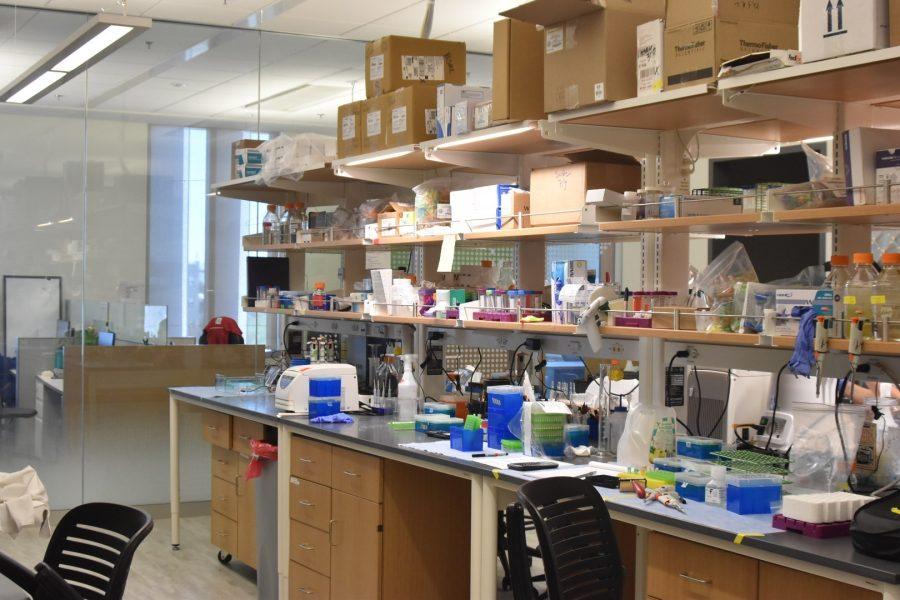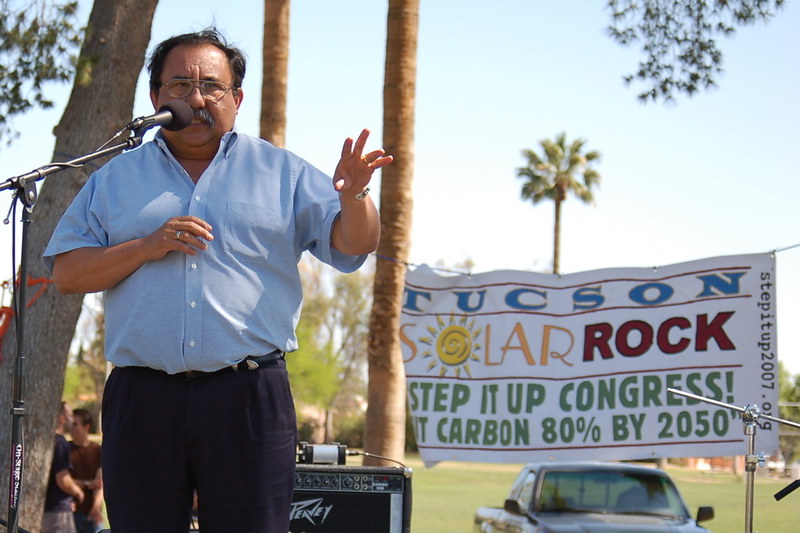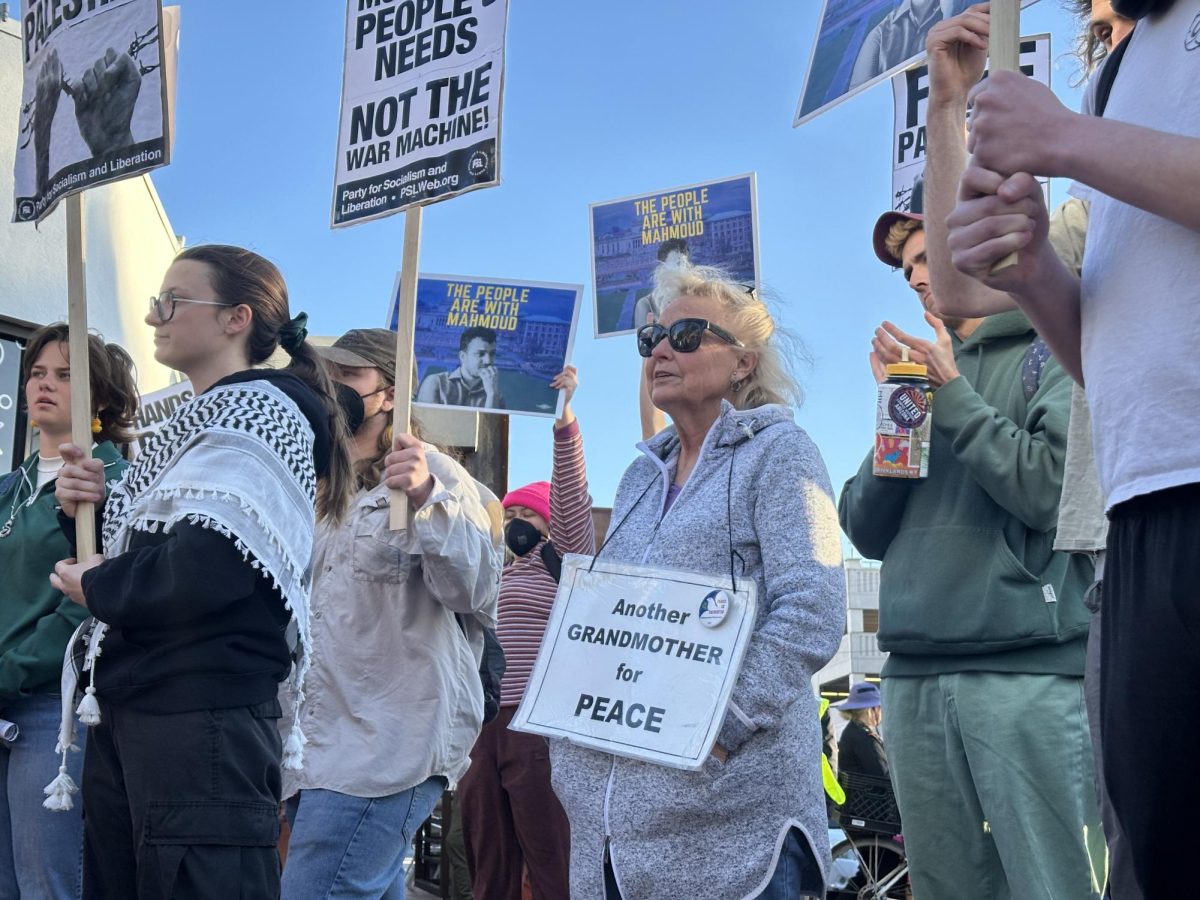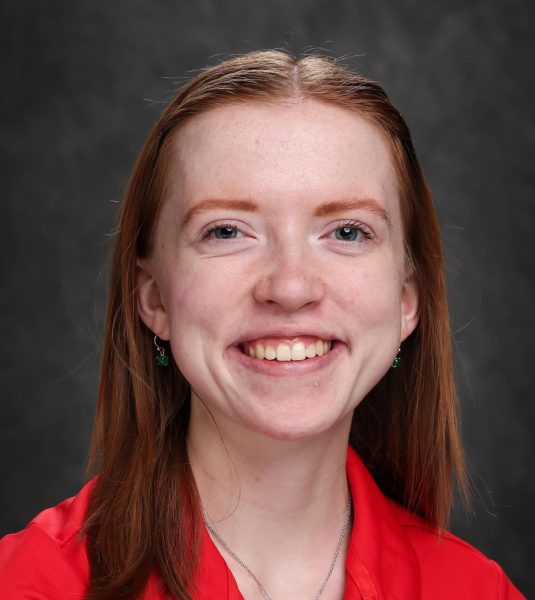The Arizona Healthcare, Emergency Response, and Other Essential Workers Surveillance, referred to as AZ HEROES, was given $22 million by the Centers for Disease Control and Prevention to continue their research into vaccine effectiveness and immunity from COVID-19.
AZ HEROES was initially started in 2020 by researchers at the University of Arizona’s Mel and Enid Zuckerman College of Public Health and the College of Medicine – Tucson and is currently led by Dr. Jeff Burgess, a professor at the College of Public Health. The study aims to address questions about how long vaccine protection against COVID-19 lasts, as well as “vaccine effectiveness and immunity among frontline workers, families and children,” according to a UA Health Sciences news release.
As the pandemic has evolved over the past two years, so have the directions of this study. According to Clinical Research Coordinator III Krystal Jovel, new developments in vaccines and variants have affected the research being done, but the central goal remains the same.
“As COVID-19 has changed, some of the priorities have changed, but we’re always trying to understand as much as we can regarding COVID-19. Right when the pandemic first happened, we were just trying to understand it, and to try and understand incidents, like do people get reinfected,” Jovel said. “The vaccine comes, and we’re trying to look at vaccine effectiveness, and then we start to have different waves. So now we’re looking at different strains of COVID-19, like what is the infection rate for each strain? Can you be reinfected? What does it look like if you had alpha now you have delta? So we’ve kind of been changing.”
This $22 million in funding from the CDC will help researchers afford to continue the study on the large scale in which it operates and support those who participate in the study.
“You need to cover just financial operations to do such a large study. We have 2600 adults and about 1600 kids. So [this funding] is covering the cost of supplies for our participants. They’re doing weekly nasal swabs, they’re doing blood draws. It’s covering the cost of doing the testing,” Jovel said. “And along with that, we are expanding our incentive program. You know, they’re doing a lot of work for steady, weekly samples, a lot of time, and so we want to think of the work and so we’ve kind of expanded our incentive program as well.”
This incentive program and engagement with participants are reflective of the community-based approach taken by AZ HEROES. Those involved with the study work to maintain transparency and open communication about their findings, recognizing the importance of community collaboration.
“Not only is this science, but it’s also people. We received notes from participants thanking us for all the work we’ve done, but all of that comes from them and from their dedication to the research,” Jovel said. “The participants, the Arizona community at large, will work as a team to get this information, and to me, that’s the biggest takeaway, that this is us, U of A, and this is Arizona coming together to really answer these things.”
This recent CDC funding is also a recognition of the quality of work being done by AZ HEROES, work which has been recognized on a national level and has proved significant in increasing understanding of the COVID-19 pandemic and how it impacts different demographics. A comprehensive list of AZ HEROES publications can be found here.
AZ HEROES is still enrolling participants for the study, “including health care workers, first responders, and other frontline and essential workers, as well as youth age 4 months to 17 years,” according to a College of Public Health news release.
Follow Sam Parker on Twitter









